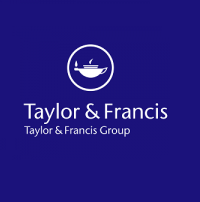Conclusion
Deploying the polar descriptions of organisation and organisational change described earlier helps bring differences in approach to strategy making and change leadership in higher education into sharper focus. This article suggests a more pluralist approach whereby HEIs adopt an emergent model of organisation in conjunction with the dominant rational paradigm. Tempering the dominant model with the emergent paradigm means directing attention to the core work of the institution and on how it brings about institutional change resulting in a much more nuanced perception of strategy management and leadership and a different institutional logic. It results in concentration on distinctiveness and diversity over conformance, focussing equally on the nature of interactions that allow learning and innovation to happen as on planned outcomes. While there are indications that such a tempering or hybridisation of paradigms may already be happening within higher education, there is a need for a more coherent theoretical framework in which to study and direct that process. The managerial and scholarly challenge is to devise configurations at system and institutional level in which both organisational paradigms can fruitfully coexist. In effect, this could involve a partial reversal or deinstitutionalisation of the type of governance structures, mental models and values that have influenced higher education strategy and leadership in recent decades. This will require a significant reorientation of existing administrative arrangements and a rethinking of the role of academia in organisational development, which may take time and considerable effort. However, we believe that the process will be driven by a number of factors. Firstly, there is the continuing functional and political pressure on higher education to be more agile and responsive to rapidly changing social needs which the alternative paradigm suggested in this article would seem to better facilitate. Secondly, the findings of transnational studies on adoption of the complete organisational model are beginning to stimulate deeper discussion on the organisational forms best suited to higher education in its varying contexts.








